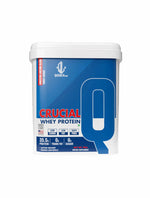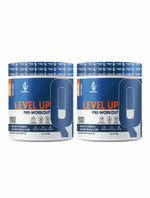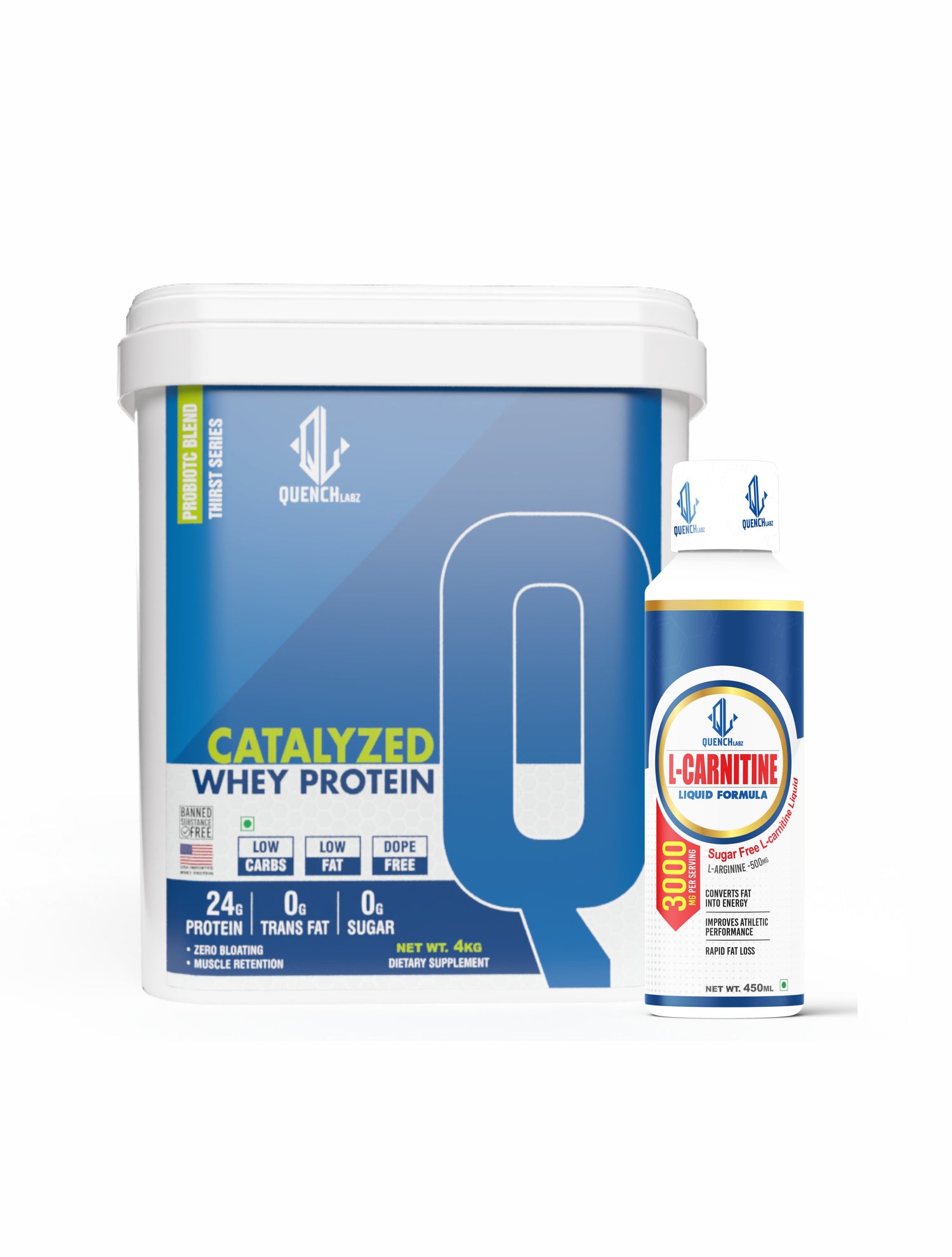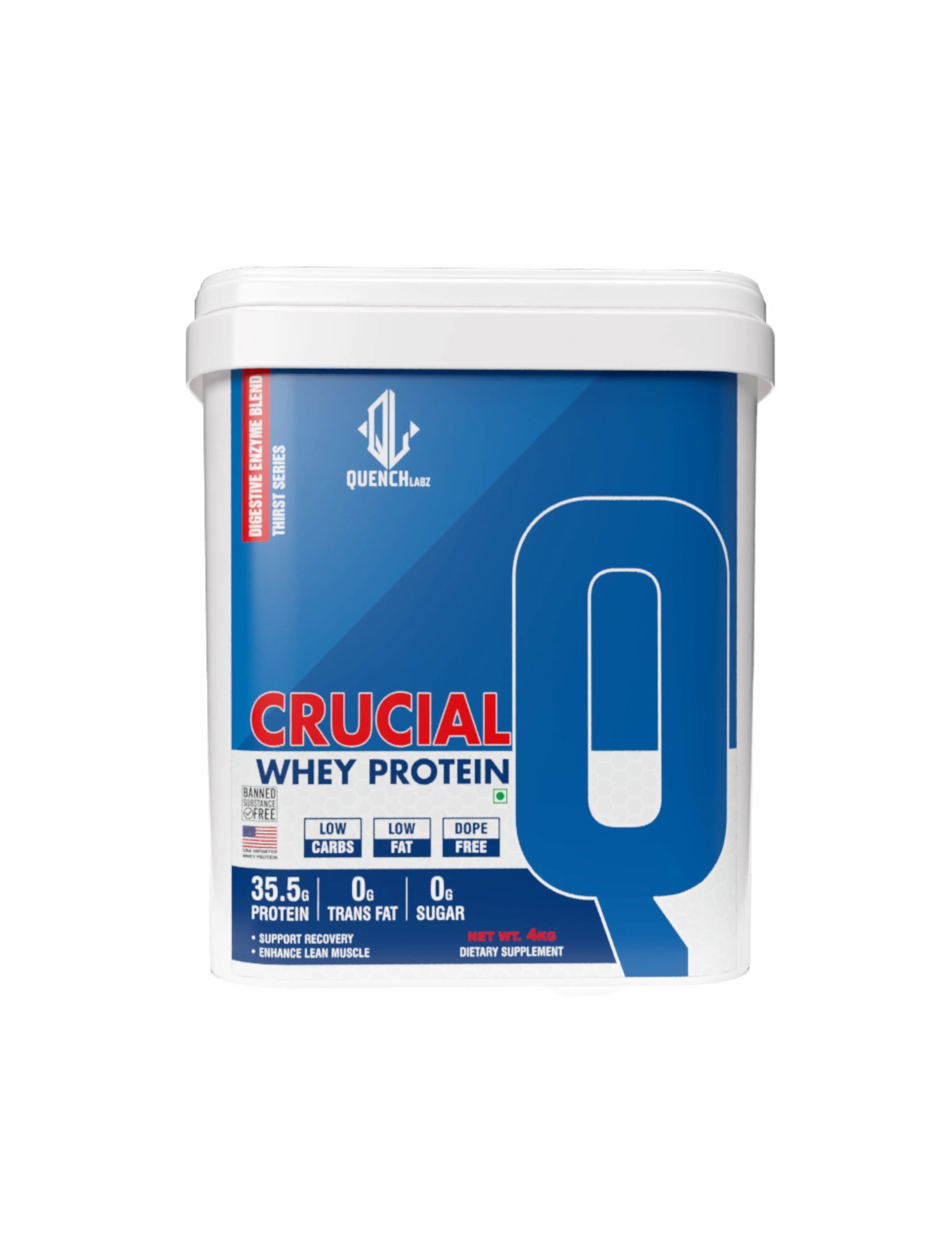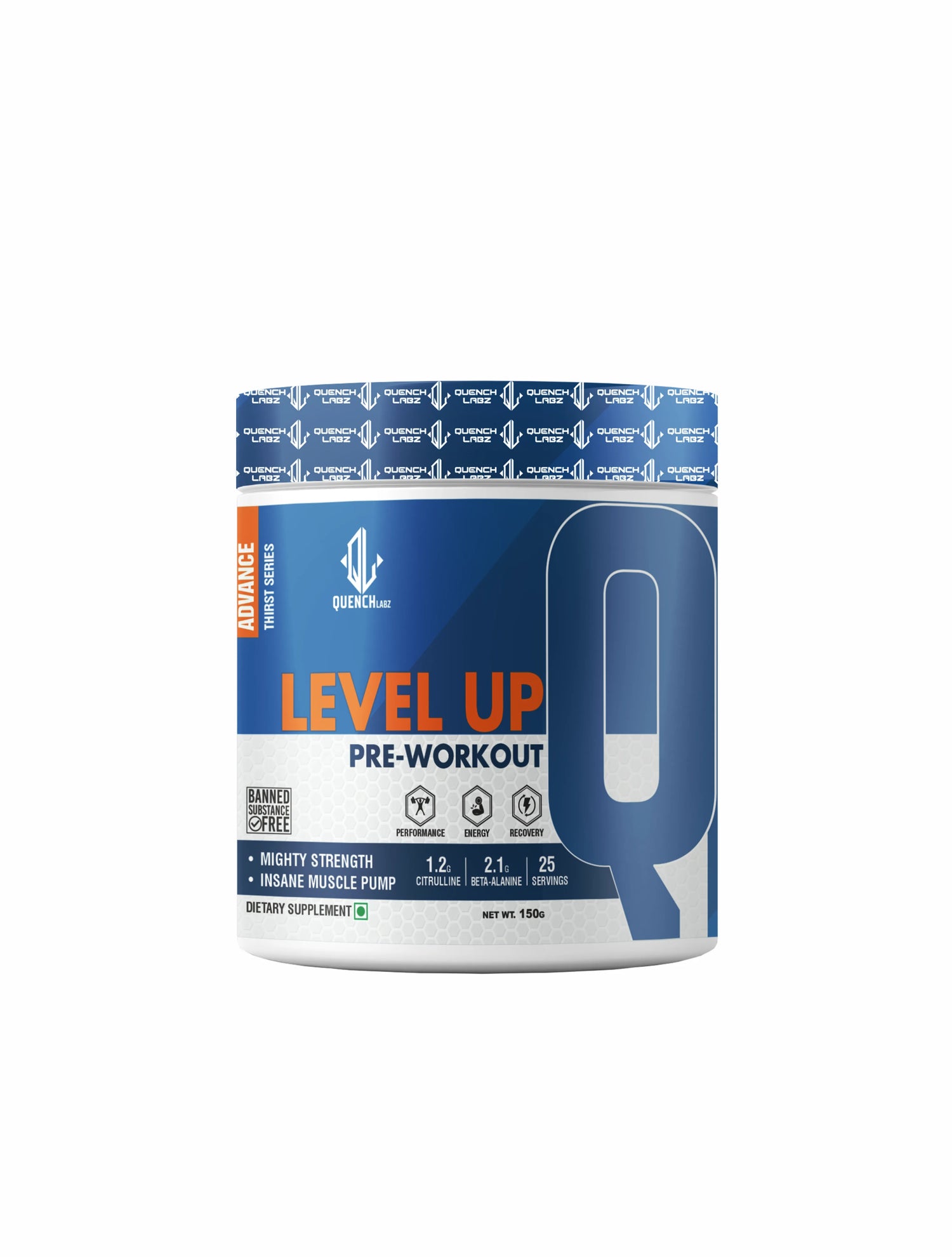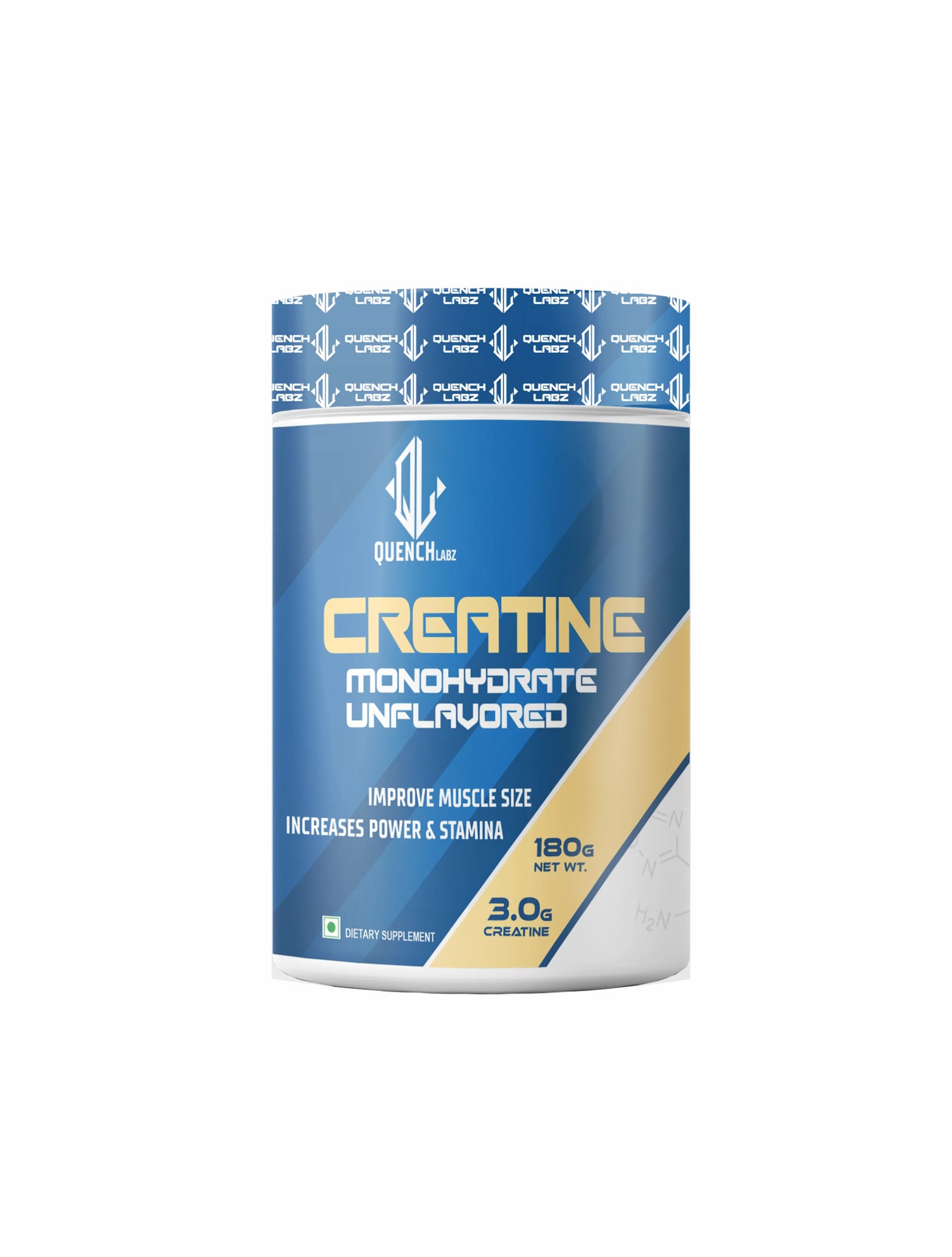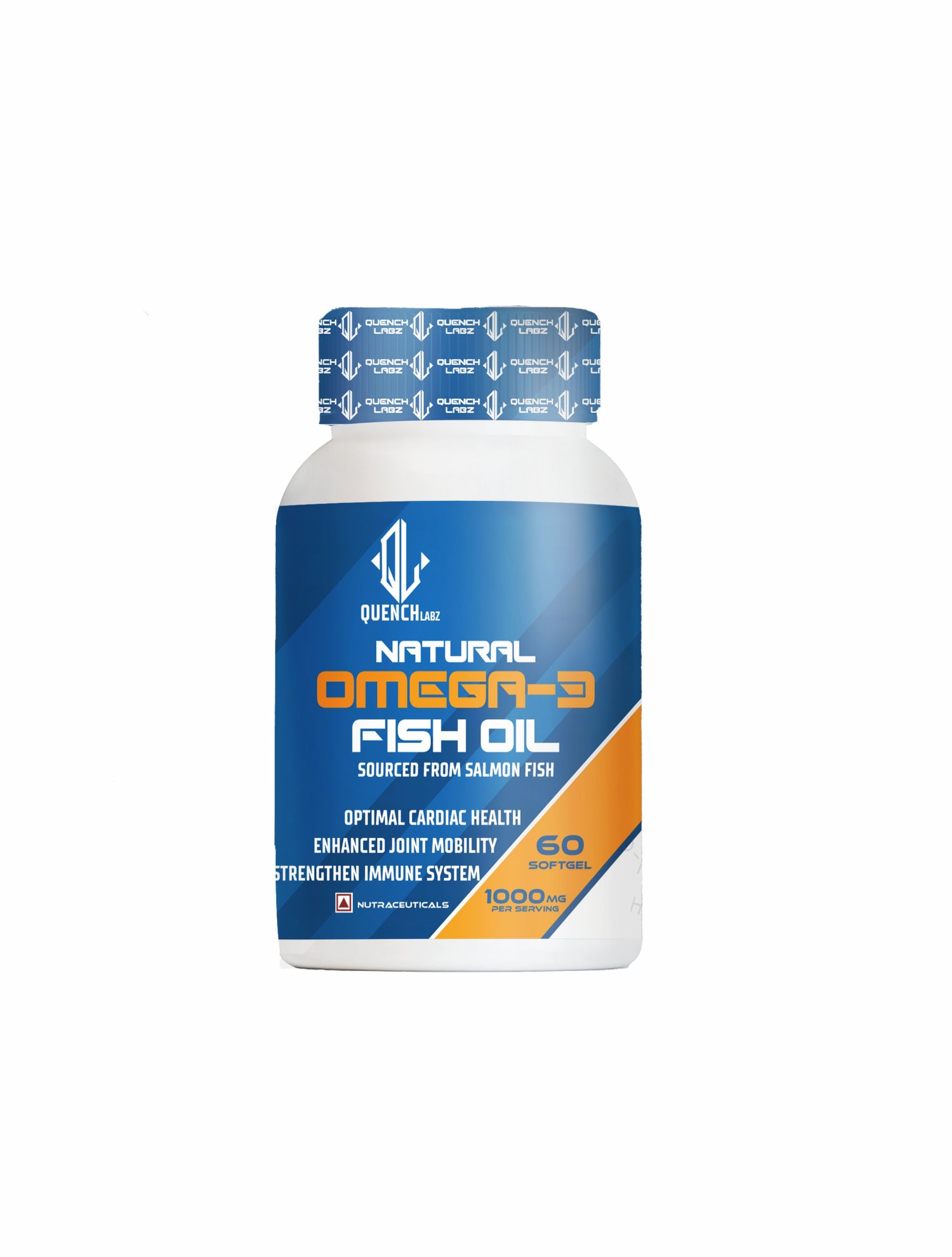Whey protein powder is one of the most popular nutritional supplements in the fitness and health industry. Extracted as a byproduct of cheese production, whey protein is a high-quality protein source that is easily digestible and rich in essential amino acids. Whether you're a professional athlete, a fitness enthusiast, or someone looking to improve their diet, understanding whey protein—its types, benefits, and uses—can help you make informed choices for your health and fitness goals.
Types of Whey Protein
Whey protein powder comes in different forms, each catering to specific dietary needs and preferences:
-
Whey Protein Concentrate (WPC):
-
Contains 70-80% protein by weight.
-
Retains beneficial nutrients such as lactose and fats.
-
Suitable for those looking for a cost-effective and nutrient-rich protein source.
-
-
Whey Protein Isolate (WPI):
-
Contains over 90% protein with minimal lactose and fat.
-
Ideal for individuals with lactose intolerance or those on a strict calorie-focused diet.
-
-
Whey Protein Hydrolysate:
-
Pre-digested for faster absorption.
-
Often used in medical protein supplements and infant formulas.
-
Whey Protein Benefits
Whey protein is not just a muscle-building supplement; its benefits extend to various aspects of health:
-
Supports Muscle Growth:
-
Whey protein is rich in branched-chain amino acids (BCAAs), particularly leucine, which is essential for muscle protein synthesis.
-
Ideal for post-workout recovery and building lean muscle mass.
-
-
Aids in Weight Management:
-
Protein increases satiety, reducing hunger and aiding in calorie control.
-
Whey protein can help maintain muscle mass during weight loss.
-
-
Boosts Immune Function:
-
Contains immunoglobulins and lactoferrin, which support a healthy immune system.
-
-
Improves Athletic Performance:
-
Provides quick and efficient protein replenishment after intense physical activity.
-
-
Promotes Healthy Aging:
-
Helps preserve muscle mass and strength in older adults, reducing the risk of sarcopenia.
-
How to Use Whey Protein Powder
Incorporating whey protein into your diet is simple and versatile. Here are some common ways to use it:
-
Post-Workout Shake: Mix whey protein powder with water or milk for a quick recovery drink.
-
Meal Replacement: Blend with fruits, oats, and almond milk to create a nutritious smoothie.
-
Baking Additive: Add to pancake or muffin batter for a protein boost.
-
On-the-Go Snack: Mix whey protein powder into yogurt for a satisfying snack.
Who Should Use Whey Protein?
Whey protein is suitable for a wide range of individuals, including:
-
Athletes and Bodybuilders: To enhance muscle recovery and growth.
-
Fitness Enthusiasts: To supplement daily protein intake.
-
Older Adults: To prevent age-related muscle loss.
-
Weight Watchers: To curb hunger and support fat loss goals.
However, individuals with lactose intolerance should opt for whey protein isolate or consult a healthcare professional if they have specific dietary restrictions.
Choosing the Right Whey Protein
When selecting a whey protein powder, consider:
-
Quality: Look for products with minimal additives and high protein content.
-
Type: Choose between whey protein concentrate or isolate based on your dietary goals.
-
Brand Reputation: Opt for trusted brands with third-party testing for quality assurance.
Conclusion
Whey protein powder is a versatile and highly beneficial supplement for improving overall health and achieving fitness goals. Whether you choose whey protein concentrate or whey protein isolate, incorporating this nutrient-dense supplement into your routine can enhance muscle growth, aid weight management, and support overall well-being. By understanding whey protein’s benefits and uses, you can make informed decisions to maximize its impact on your health journey.


